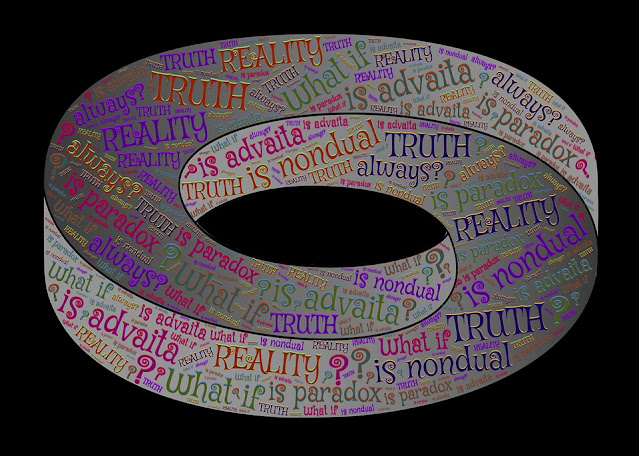In the middle of winter, Yule is the time for us to welcome back the sun. Today, we think of this as a symbolic gesture, we know that it is the moment when the days start getting longer again, and the sun will be out more, but our ancestors didn't know take this expectation for granted, and until they saw the signs of the longer days there remained that fear that maybe this year the sun would just keep getting less and less. Welcoming back the sun was a heart-felt appreciation for the life and warmth it brings to our lives.
One common practice I see a lot of people embracing for Yule is to stay up all night (and literally welcome the sun back in the morning). And while this can be a really powerful way to celebrate, it isn't necessarily accessible for everyone. Obviously, some people work, and others may not be able to stay up all night for a variety of reasons (children, health issues, age). A simpler practice would be to watch the sun rise, but even that may be difficult or impossible for many people.
But while experiencing things in person may be an idealized practice, the truth is we live in a day and age where we aren't limited to that! We can watch videos of the sunrise, or look at breathtaking pictures that capture that magical moment. We can read poems that put emotions into words, or read other descriptions of the wonder of sunrise. It can be really eye opening to read about other people's experiences, to be able to put yourself in their shoes for a moment and see what the shared experience of sunrise means to people who live very different lives from ours.
We might also take this opportunity to do a bit of journeying, and to wonder about how our ancestors might have approached this time of year. It's one thing to think about the hardships they might have faced, and another to try to put ourselves in their place. Doing a visualization and stepping into the role of one of our ancestors can not only open our eyes but can teach us so much about how similar (and different) we are.
I have always thought that one of the hardest things for us to really grasp is how uncertain things felt. People made up stories to try to explain all the mystery of the world around them. They noticed that the sun rose and set at different times throughout the year, and they didn't understand why, but as the months grew colder and the sun was out less, it was only natural to worry that maybe this year it wouldn't come back (especially if you also consider that they felt that gods were present in the world around us and that we could displease them in a way that would make them lash out to punish us).
Trying to put yourself back in that situation, to really feel how it must have felt (or at least as close as we can come to understanding it) not only brings us closer to our ancestors, but it gives us a unique perspective on some of our modern fears (I may not worry about the sun not rising in the morning, but I have definitely thought about the effects of our sun one day dying, or other catastrophic events that science has told us are possible). It makes me feel comforted to know that one day, perhaps one of my decedents will wonder how I could possibly worry about things like that (because they may have figured it out and know how things work). It reminds me of the idea that any science significantly advanced enough will appear to be magic (and also that maybe one day what we see and practice as magic might be fully defined and understood as science!)
I also feel like the sun has a very different role in our lives today than it did in times past. If you go far enough back, the sun was the only reliable source of light, and so it's cycles truly dictated our ancestors lives. Even back before the advent of electricity, light at night was not always accessible (or abundant), and people lived much of their lives at the mercy of daylight. Today, we are not as limited, and yet we still find ourselves drawn to the light, and especially when something like daylight savings time comes by and we notice the big shift (and it is now dark in the afternoon...) and we feel off kilter.
Even when it comes to electric lights, we are constantly striving to make our lights more natural and realistic (or we run in the other direction with things like color changing LED lights). We know that indoor lights are not created equal, and many people struggle with different qualities of light. We also know that actual sunlight is important for many health reasons (from our sleep cycle to emotional regulation and mental well being).
So even though we don't worry about the sun not rising in the morning when we go to bed at night, we need to acknowledge the important role that the sun plays in our lives. It warms us and lights our way and grows our food and it is nice to have this time dedicated to acknowledging that and taking the time to not only show our gratitude but to also express our appreciation to the light for all it does in our lives.















